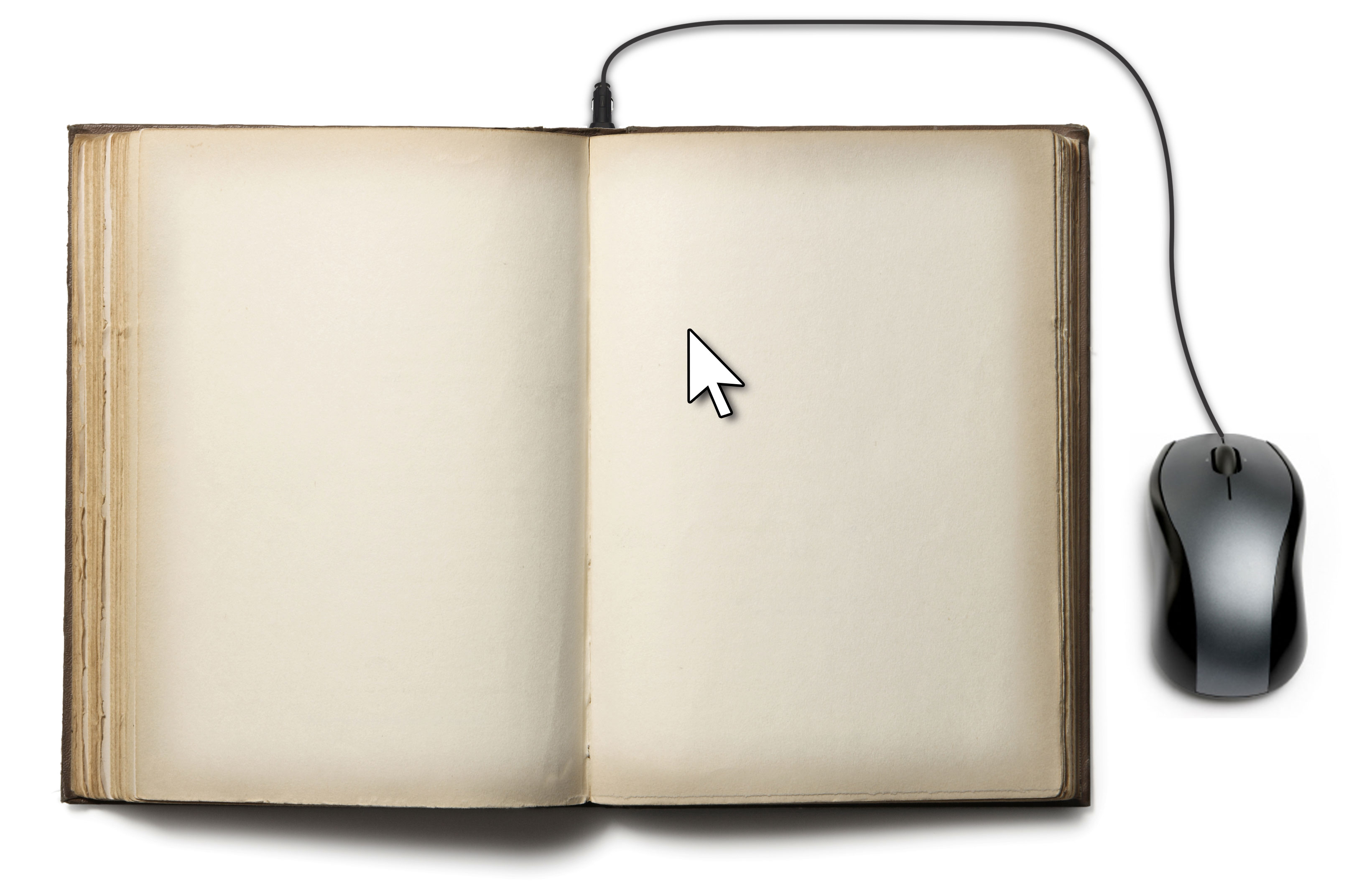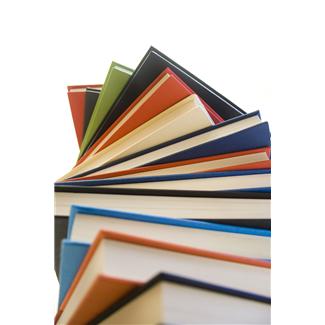The American Philosophical Society (APS), the nation’s first learned
society, invites applications for its two-year *Andrew W. Mellon
Post-Doctoral Curatorial Fellowship*, beginning in September 2014. The APS
seeks applications from recent PhDs in the fields of history of science,
art history, 18th- or 19th-century American history, or any other related
humanities disciplines. The fellowship, based in the APS Museum, will
provide hands-on experience in curatorial work and the opportunity to
pursue an independent research project, preferably one related to the
collections or programs of the Society’s library and museum.
The Mellon Fellow will conduct research in the APS collections in
preparation for the APS Museum’s interdisciplinary exhibitions exploring
the intersections of history, art, and science. The exhibitions take place
in Philosophical Hall, located within Independence National Historical
Park. As the public face of the APS, the museum researches and interprets
the APS’s extensive collections for the regional, national, and
international visitors who converge on Philadelphia’s historic district.
The Fellow’s primary responsibility will be to conduct scholarly research
for exhibitions, programs, and other related activities. He or she will be
fully integrated into the APS Museum staff, working closely with the
curator and others on the curatorial team. The Fellow will gain extensive
experience in planning and implementing exhibitions as well as researching
and writing interpretive materials for non-scholarly audiences (exhibition
texts, publications, etc.). Depending on the Fellow’s interests and the
Museum’s needs, he or she may also participate in public programming,
museum education, collections management, and/or grant-writing. Twenty
percent of the Fellow’s time will be reserved for his or her own
independent research, ideally using resources at the APS or kindred
regional institutions. The Fellow will also have the opportunity to network
with APS Library staff and other post-doctoral fellows in the region’s
cultural institutions.
This two-year Fellowship will extend from September 1, 2014 through August
31, 2016. Compensation is $45,000 a year plus benefits, along with
additional funds for research support, travel, and relocation. The
Fellowship may not be held concurrently with any other fellowship or grant.
*The deadline for receipt of all materials is December 9, 2013.***
*Qualifications:*
– PhD in any humanities discipline, awarded within the past five years.
The history of science, 18th- and 19th-century American history, and the
history of art often relate most closely to exhibition content.
However,the museum’s approach is interdisciplinary, and applications
from qualified
researchers in any humanities discipline are welcome.
– Excellent analytical and writing skills; experience in writing for
different purposes and broad audiences (including but not limited to
scholars).
– Broad interests, along with the intellectual and conceptual tools
necessary for working across disciplines and time periods, and for making
creative connections.
– Flexibility and the capacity to learn quickly and to work both
independently and in collaboration with others.
– Project-oriented organizational skills applied to both academic and
practical tasks.
– Strong interest in exploring a career in the museum field. **
*REQUIRED MATERIALS (APPLICATION CHECKLIST)*
Applications must be submitted by EMAIL only to
MellonFellowship@amphilsoc.org with the subject line as follows: Last
Name, First Name_Mellon Application 2014-16
Include:
– Cover letter stating interest in exploring curatorial work.
– Completed application form, found at
http://www.amphilsoc.org/grants/curatorialfellowship
· Comprehensive Curriculum Vitae, with items listed within
categories in reverse chronological order (Include external support
received during graduate study: fellowships, teaching or research
assistantships, tuition grants, etc.
· Statement of current research interests (no more than 1,500
words). This statement should include a description of a potential research
project during the Fellowship, preferably one related to the APS
collections or programs.
· Excerpt(s) from completed dissertation or thesis (no more than
5,000 words); example of non-scholarly writing if available.
· Confirmation Letter of Academic Status (candidacy or degree
conferred).
· Three confidential letters of recommendation, which must be
submitted on the APS recommendation form provided at
http://www.amphilsoc.org/grants/curatorialfellowship
· *See application form for further instructions.*
*To Download Application Form and Recommendation Forms: *
http://www.amphilsoc.org/grants/curatorialfellowship
*For further information on Library and Museum collections:*
http://www.amphilsoc.org/library
http://www.apsmuseum.org/collections
* ** *
*The deadline for receipt of all materials is December 9, 2013.*




